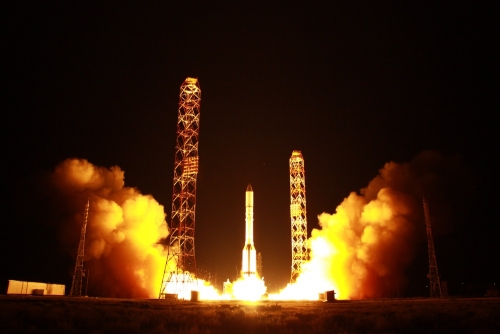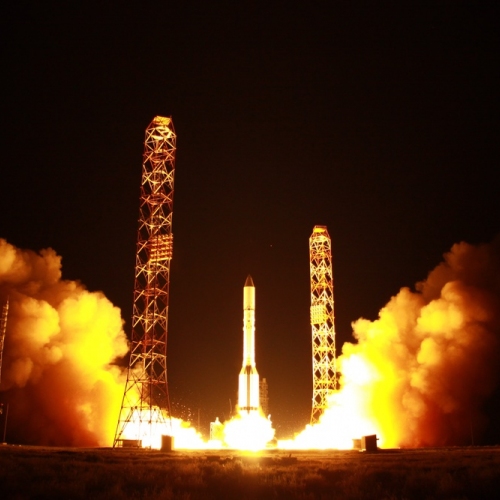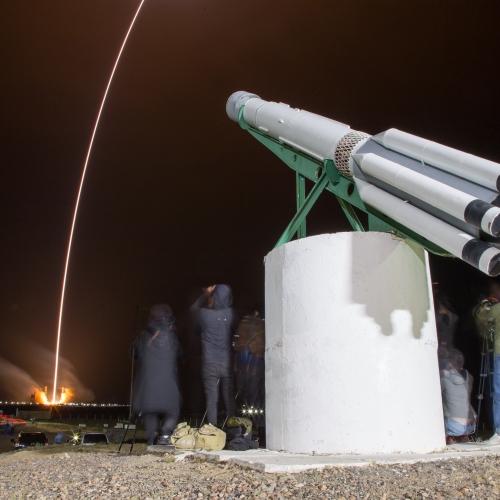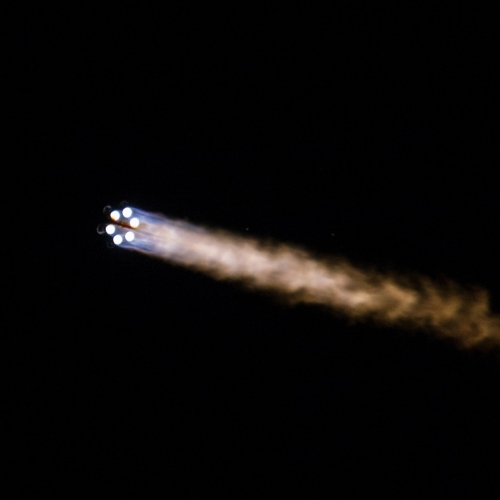The spacecrafts are intended to provide fixed and mobile services; digital TV and radio broadcasting; high-speed Internet access, as well as data transmission across the Russian Federation and abroad. The full-scale functioning is scheduled to commence in January and February 2021.
“With two newly-launched satellites, Express-80 and Express-103, the throughput of our constellationis now up by a quarter,” said Yuri Prokhorov, RSCC acting Director General. “It is crucial for RSCC that these spacecrafts in orbital slots centered over the Russian Federation are already demanded by our customers. This will allow telecom operators to transfer their networks from foreign spacecraft and provide domestic subscribers with the most advanced digital communications and broadcasting services, including Internet access for maritime and aerial customers.”
The vehicles were manufactured by the Russia’s leading aerospace enterprise, JSC ISS Reshetnev, in collaboration with its European partner, Thales Alenia Space.
Today, with a fleet of 10 geostationary satellites operating in the C-, Ku-, Ka- and L-bands, RSCC boasts the Russia’s largest orbital constellation. Advantageously located on an arc of a geostationary orbit from 14° W to 140° E, this orbital constellation enables RSCC to provide services to clients in 58 countries on all continents.
 Operations Committee
Operations Committee



